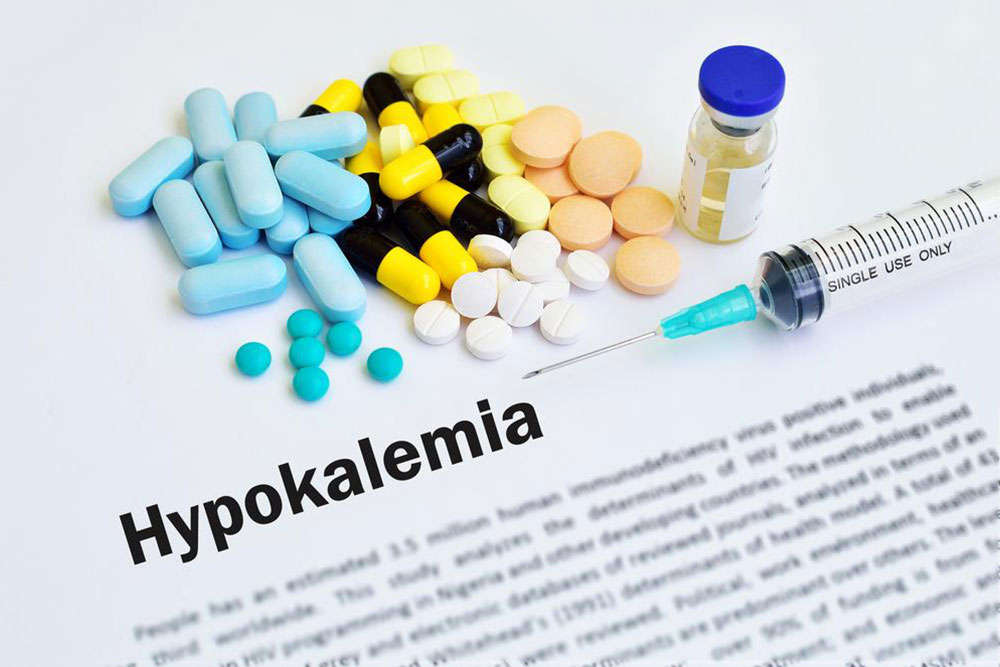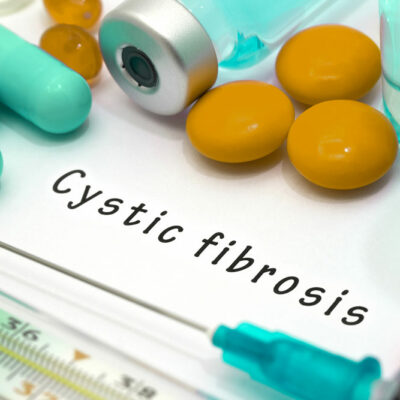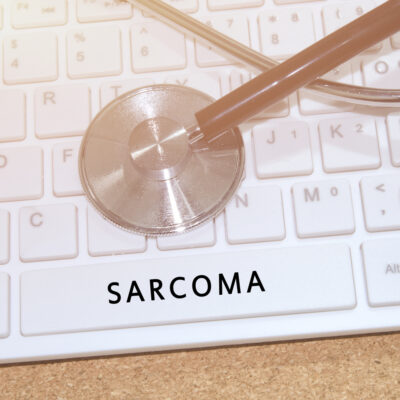
Diagnosis and treatment of Hypocalcemia
Calcium is one of the most essential building blocks which our body is made of. Calcium plays a wide variety of roles in the proper maintenance of a healthy body and thereby a healthy lifestyle. However, it is still one amongst the many nutrients that one is supposed to consume on a regular basis. Due to a variety of dietary intolerance situations or simply the imbalance between work life and basic activities, it is highly possible that certain nutrients and their regular consumption don’t hit the required mark. Our body is still remarkable in the way that it recuperated under these conditions as much as possible. But sometimes, these deficiency conditions are capable of crossing the line and presenting us with severe symptoms. At times as such, it is important to take the immediate and necessary course of action in order to control the kind of damage caused, in order to avoid any problems in the future. In the case of calcium deficiencies, hypocalcemia is one such situation which presents itself with different types of symptoms which need to be attended to immediately.
If any of the symptoms of calcium deficiency are noticed, the doctor should be contacted immediately. The doctor would further try to understand your medical history and would see if any calcium deficiency disorders such as osteoporosis run in the family. If it seems like there is a possibility of calcium deficiency, the doctor will order for a blood test in order to be able to check the blood calcium level. When doing this test, your total calcium level, ionized or free calcium level, and your albumin level will be calculated. Albumin is a protein which functions by binding to calcium and carrying it through the stream of blood. If low levels of these units are observed in the test, a calcium deficiency disease can be confirmed. In the case of adults, the normal levels of calcium to be present are 8.8 – 10.4 mg/dL. As per the Merck Manual, one is at the risk of calcium deficiency if the calcium levels in the blood are below 8.8 mg/dL.
However, the treatment for hypocalcemia is relatively easier to understand and implement. The cure for it is to add more calcium to the diet. However, it is not advised to self treat hypocalcemia by taking different types of calcium supplements all by yourself. Calcium overdosage is also a significant problem and taking a dosage of calcium in a quantity which is more than the actual requirement can lead to further complications such as kidney stones. Hence, it is highly advised to get the test done first, get the right diagnosis of hypocalcemia from a doctor and to follow the prescription provided by the doctor. The most commonly recommended calcium supplements are calcium citrate (easily absorbed), calcium carbonate (least priced and high dosage of calcium) and calcium phosphate (absorbed easily and doesn’t lead to constipation). These medicines could counteract other medications and hence, details should be clearly mentioned before prescription.


